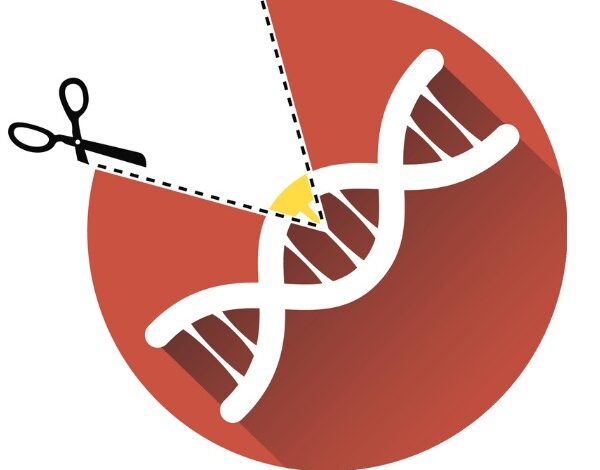Biotechnology and gene editing: exploring the potential benefits and ethical concerns

Biotechnology and gene editing are two rapidly advancing fields that hold immense potential for improving human health and enhancing our ability to understand and manipulate the natural world. At the same time, these technologies also raise significant ethical concerns that must be carefully considered and addressed.
One of the key benefits of biotechnology is its ability to produce new medicines and therapies that can treat and cure diseases. Through genetic engineering and other techniques, scientists can create drugs that target specific molecular pathways, or even use gene therapy to replace or repair defective genes that cause genetic diseases.
Gene editing, on the other hand, allows scientists to directly manipulate the genetic code of living organisms, potentially offering a wide range of applications in agriculture, environmental science, and medicine. For example, gene editing could be used to develop crops that are more resistant to pests and environmental stresses or to create genetically modified organisms (GMOs) that can be used to clean up pollution or produce biofuels.
However, the use of biotechnology and gene editing also raises a number of ethical concerns. One of the most pressing issues is the potential for unintended consequences or unforeseen risks to human health or the environment. For example, the release of GMOs into the environment could have unpredictable ecological effects, while the use of gene editing in humans could lead to unintended mutations or other adverse effects.
Another ethical concern relates to the social and economic implications of biotechnology and gene editing. As these technologies become more powerful and more widely available, there is a risk that they could exacerbate existing social inequalities and create new forms of injustice. For example, access to gene therapies or other advanced medical treatments could become a privilege of the wealthy, further deepening the divide between the haves and the have-nots.
In conclusion, biotechnology and gene editing offer many exciting possibilities for improving human health and transforming the natural world, but they also pose significant ethical challenges that must be carefully considered and addressed. As these technologies continue to develop and become more widely available, it will be important to ensure that their benefits are maximized while minimizing their risks and addressing their ethical implications.
One approach to addressing the ethical concerns associated with biotechnology and gene editing is to promote transparency and public engagement in decision-making processes. By involving a broad range of stakeholders, including scientists, policymakers, and members of the public, in discussions about the risks and benefits of these technologies, we can ensure that their development and use are guided by a strong ethical framework.
Another important consideration is the need for robust regulatory oversight of biotechnology and gene editing. While these technologies have the potential to bring many benefits, they also pose significant risks that must be carefully managed. Governments and international organizations have an important role to play in setting standards and guidelines for the development and use of these technologies, as well as in monitoring and enforcing compliance with these standards.
Finally, it is important to acknowledge that ethical concerns surrounding biotechnology and gene editing are not purely technical or scientific in nature. Rather, they reflect broader societal values and priorities about the role of science and technology in society, as well as the distribution of power and resources. As such, addressing these concerns will require a more holistic and interdisciplinary approach that takes into account not only the technical aspects of these technologies but also their broader social and cultural implications.
In conclusion, biotechnology and gene editing hold immense potential for improving human health and transforming the natural world, but they also raise significant ethical concerns that must be carefully considered and addressed. By promoting transparency, public engagement, regulatory oversight, and a holistic approach to decision-making, we can ensure that the development and use of these technologies are guided by a strong ethical framework that reflects our shared values and priorities.



